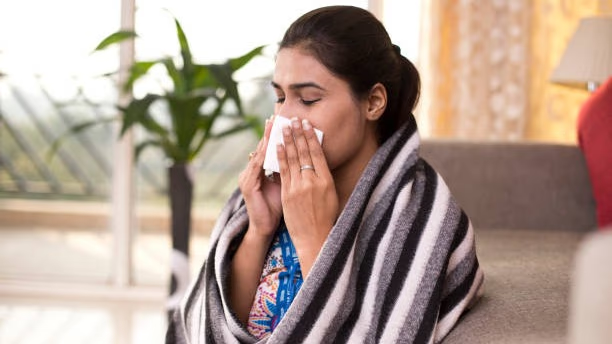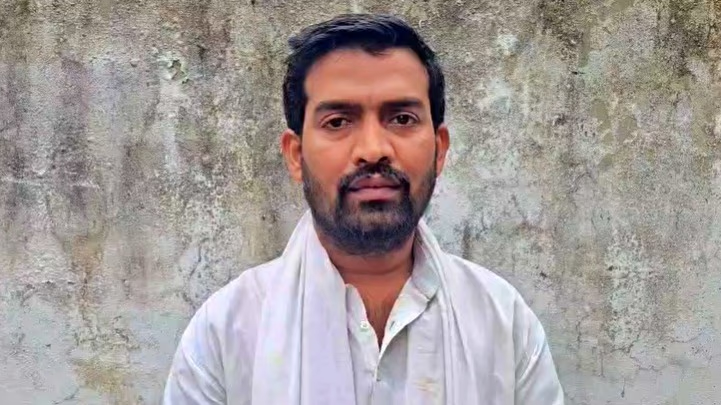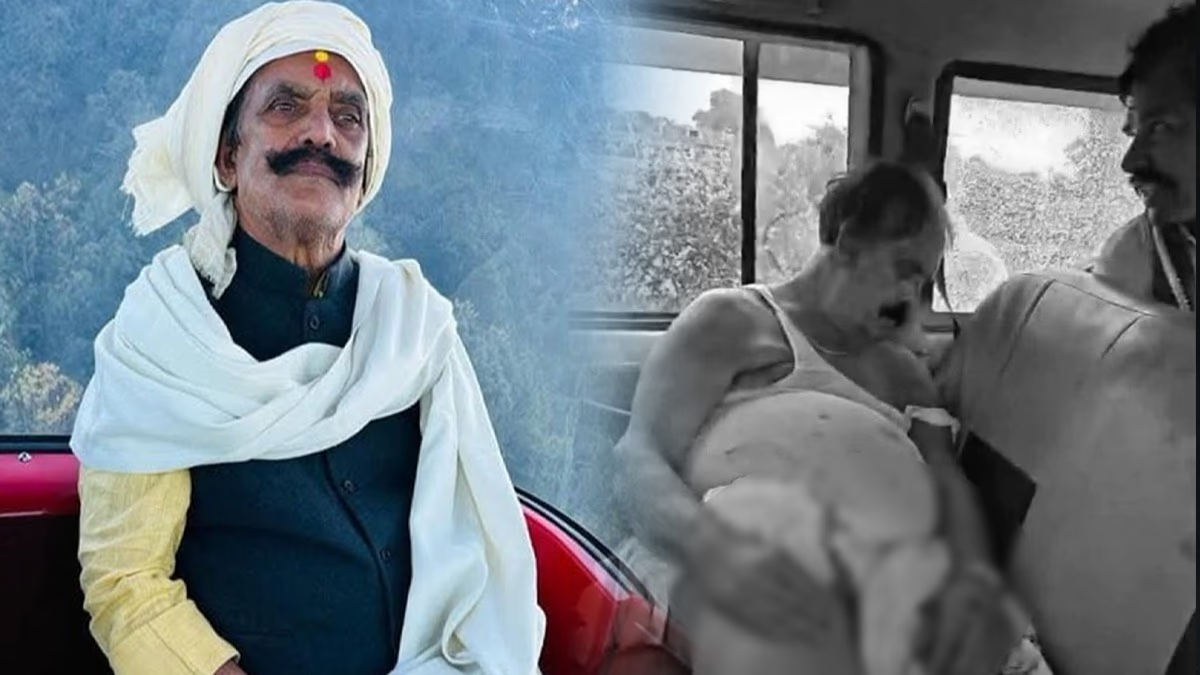The toxic air in Delhi-NCR is exacerbating the situation as viral attacks intensify. A recent survey indicates at least one ill person in 75% of households in the capital. The cause is a double impact of poisonous air and viral infections.
From 56% in September to 75% Now
The community platform LocalCircles surveyed over 15,000 people from Delhi, Gurugram, Noida, Faridabad, and Ghaziabad. By the end of October, the sickness rate rose from 56% at the end of September to 75%.
Doctors report a significant surge in H3N2 influenza and other viral infections in Delhi, with common symptoms being fever, cough, sore throat, headache, and fatigue. Patients claim recovery is taking 10 days or more. The survey notes that children, the elderly, and individuals with pre-existing conditions are most affected by the virus.
Toxic Air Mixed with Smog
Post-festivities, Delhi's air quality has deteriorated again. The AQI (Air Quality Index) fluctuates between 400 and 500. Crop burning, fireworks smoke, and local pollution are degrading the air. The PM2.5 level has soared to 350 µg/m³, ten times the safe limit prescribed by WHO, essentially poisoning each breath.
Symptoms Found in Every Household
Most survey participants reported symptoms like breathing difficulties, cough, throat irritation, watery eyes, and headaches at home. Doctors pinpoint these as classic signs of air pollution exposure. The report highlights that Delhi's citizens are facing a dual crisis—virus and poisonous air—hindering a speedy recovery.
Only 25% of Households are Completely Healthy
Survey data reveals that 17% of households have four or more members sick, 25% have two to three people ill, and 33% have one person suffering. Only 25% of households remain entirely healthy. Thus, three in four homes are experiencing illness, which signals not just a viral outbreak but a silent health crisis.
Immediate Action Needed to Prevent Worsening Conditions
The report warns that without swift government intervention, the disease burden in Delhi-NCR might escalate. Strict control on vehicular pollution, construction dust, and crop burning is necessary. The public is also advised to wear masks, use air purifiers, and avoid crowded places.




